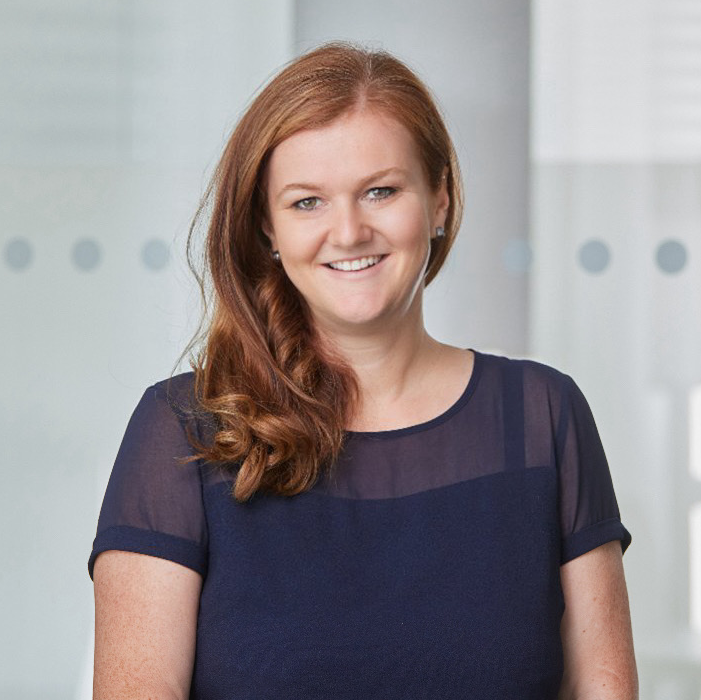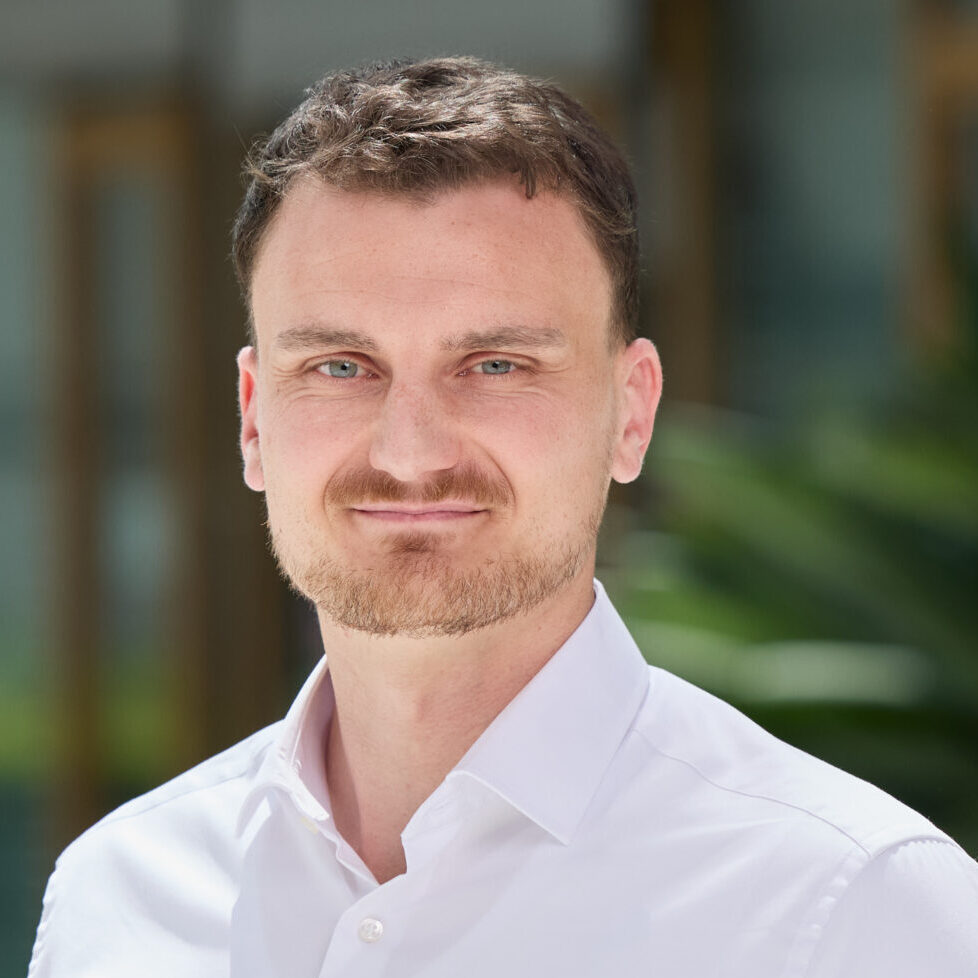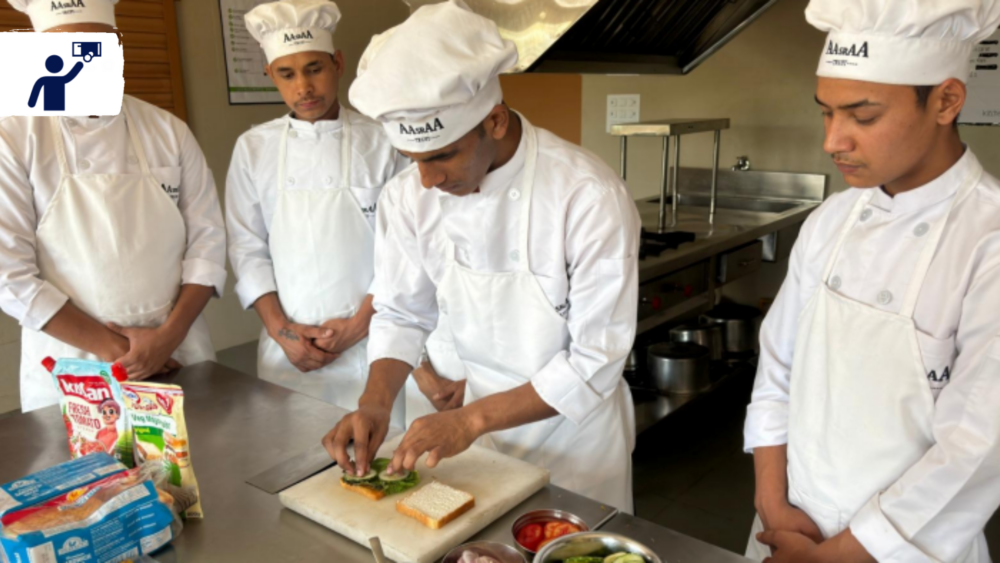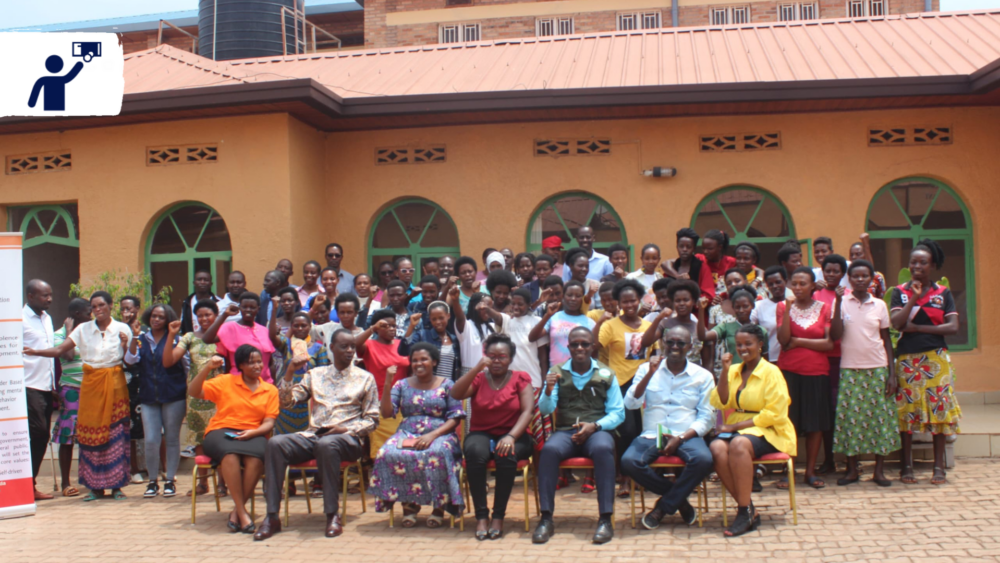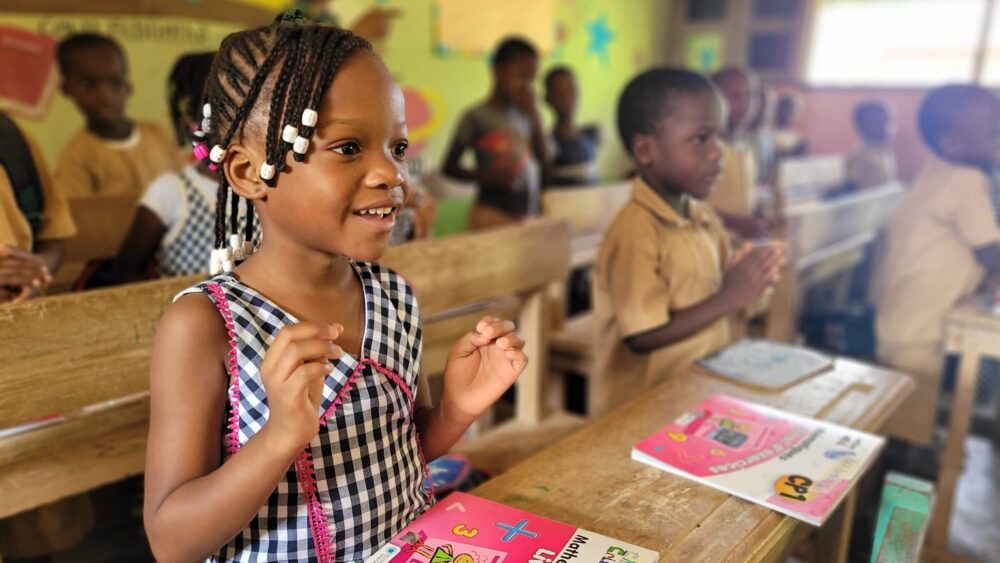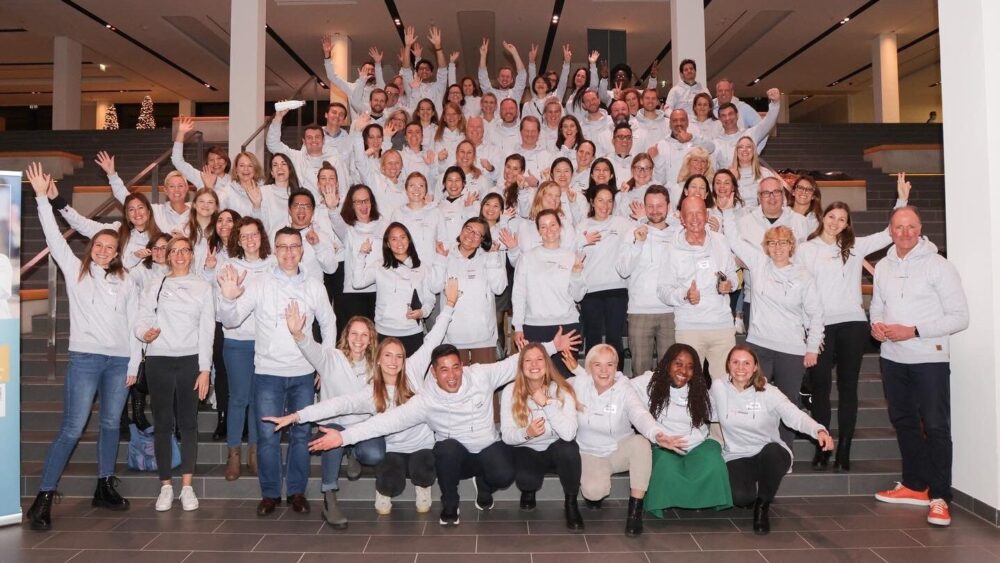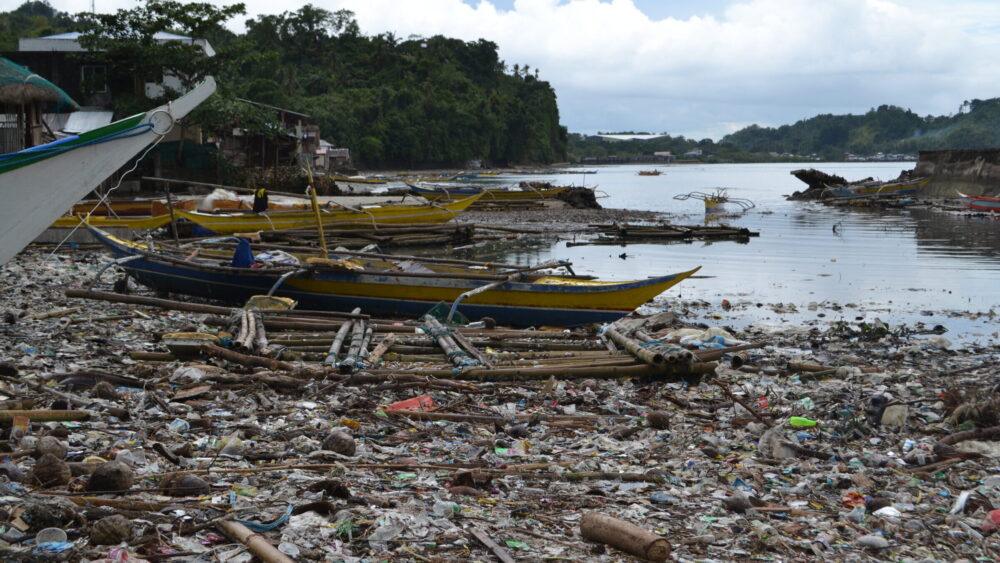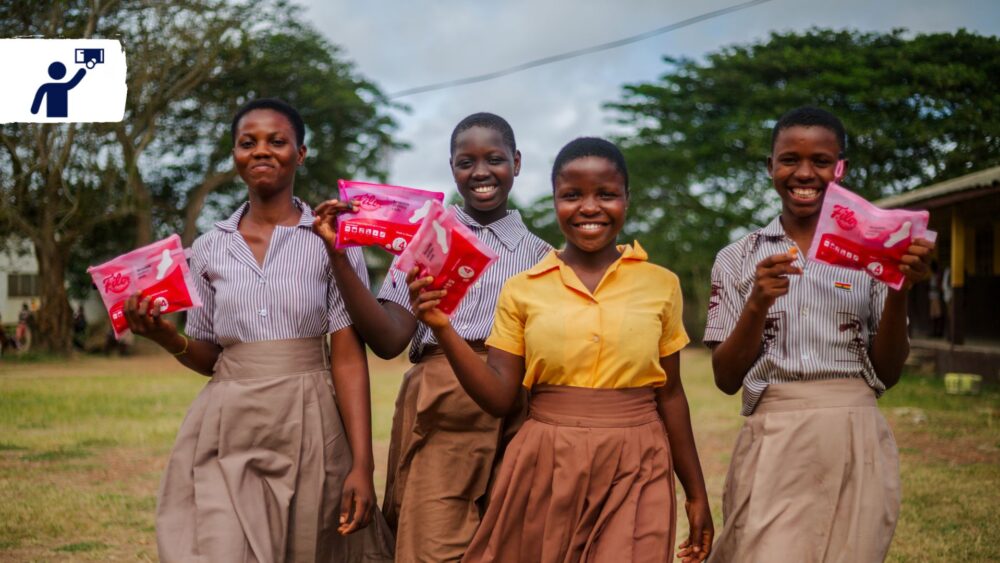
Menstrual Empowerment, Accra
The project empowers girls and women in Ghana by setting up a production facility and providing reusable menstrual pads as well as education about menstrual hygiene in schools and communities. At the same time, it reduces the stigma surrounding menstruation in society.This not only promotes girls’ health and education, but also contributes to greater gender equality, environmental sustainability and cultural change.
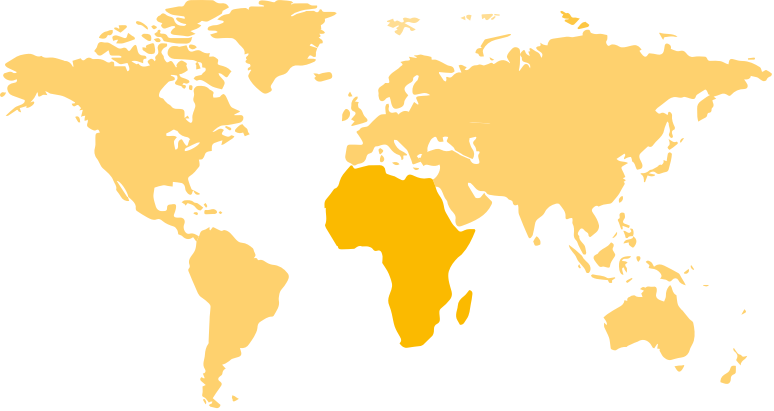
The Project
The project aims to empower girls and women in Ghana by helping them to better manage their menstrual health. It focuses on four main areas: the production of reusable sanitary towels, education about menstrual hygiene, tackling menstrual stigma in society and working with prominent Ghanaians to raise awareness of the issue on social media.
In many rural areas of Ghana, access to menstrual products is often too expensive or non-existent. At the same time, there is a lack of education and the topic of menstruation is still accompanied by taboos and stigmatization. Many girls and women use unsafe materials such as old clothes or paper handkerchiefs, which not only causes health problems but also leads to absenteeism at school or work.
The team from help alliance, Lufthansa and the Crimson Liberation Hub, consisting of dedicated students from Heritage Christian University, won the Impact Week Challenge in 2023. Their solution: Reusable menstrual pads for poor girls and an education campaign to show society that menstruation is a natural process and should not be a taboo. To date, they have reached over 1,500 girls in schools and provided more than 500 girls with pads.
In addition to the objectives mentioned, the project also has many positive side effects: The girls’ health and well-being are improved as they now have safe access to menstrual products. They can attend school regularly as they are less likely to be absent due to their periods. Knowledge about menstrual health increases their self-confidence and self-esteem. At the same time, the project promotes solidarity in society and raises awareness of environmental sustainability. It contributes to gender equality and ensures that girls and women in Ghana have the same opportunities for education and resources. By setting up its own production of reusable menstrual pads, it creates jobs for women and a long-term source of income for the project.
Furthermore, the project will contribute to cultural change by overcoming old ways of thinking and creating more acceptance and inclusion. In the long term, the project has the potential not only to empower the current generation, but also to bring about positive change for future generations.

